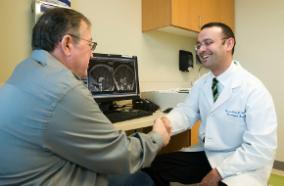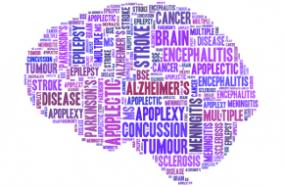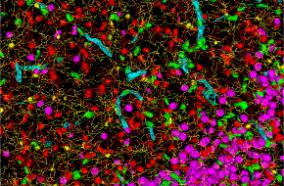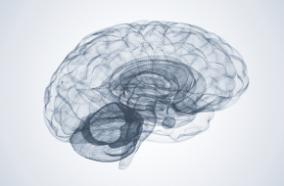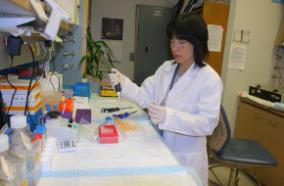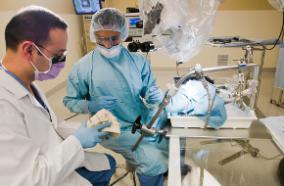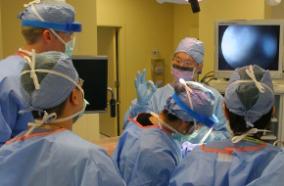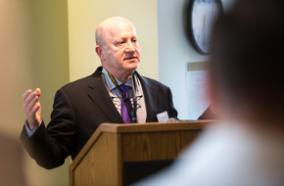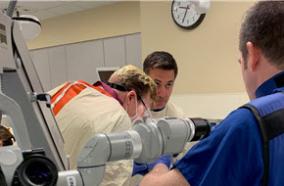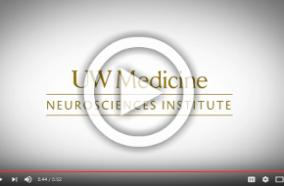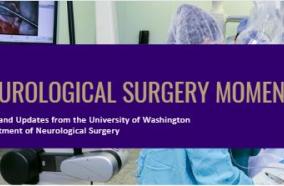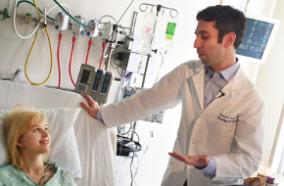The Adult Changes in Thought (ACT) study is a prospective longitudinal observational study of more than 5,500 older adults enrolled from Kaiser Permanente Washington, an integrated healthcare delivery system with extensive clinical data. The ACT U19 Program’s primary goals are to continue and enhance ACT’s leadership as a living, learning laboratory for aging research; to continue and enhance ACT’s leadership in dementia and Alzheimer’s research; and to continue and enhance ACT’s leadership in providing exceptional resources to the research community. The rationale for this study is that prospective cohort studies of well-characterized individuals are critical for furthering scientific understanding the health of older adults. The ACT study is in a unique position to serve these roles since it has amassed some 57,000 person-years of follow-up to date, has identified more than 1,200 incident dementia cases and more than 1,000 incident Alzheimer’s cases, has performed more than 800 autopsies, and has provided critical data and/or specimens to enable the research careers of dozens of investigators to date. Our overall objectives are to continue and enhance our leadership roles by: (1) increasing our sample size from 2,000 to 3,000 people alive and at risk of dementia outcomes, while enhancing diversity by extending our catchment area and oversampling ethnic minorities; (2) further extending the reach of our rapid autopsy protocol and performing slide scanning, postmortem imaging, and artificial intelligence-aided and biochemical continuous assays of brain tissues, while preserving meninges to support induced pluripotent stem cell-driven research; (3) integrating a life course epidemiology perspective on our data, further enhancing our medical records data abstraction and introducing geographical analysis approaches for the ACT cohort; (4) collecting MRI and tau PET scans on a subset of ACT participants to augment clinical and research-derived MRI scans available from the ACT cohort, and analyzing those data with state of the art methods including artificial intelligence-aided approaches; (5) compiling ACT genomic and other systematic molecular data from ACT participants in a single location and augmenting their value by incorporating extensive external genome-wide annotation data; (6) providing exceptional biostatistical support and supporting extensive use of ACT study data by external investigators; (7) supporting four scientific Projects addressing critical issues in older adults and in dementia and Alzheimer’s disease. With this application, we are requesting funds to continue and enhance the longitudinal clinical and cognitive assessment of the cohort, to increase the cohort size and diversity, to enhance our neuropathological workup of brain tissues from consenting decedents, to collect tau PET and MRI scans on selected cohort members, and to support the work of four Projects that address (1) sleep and movement ; (2) cognitively-defined Alzheimer’s subgroups; (3) brain effects of commonly used medications in older adults using epidemiology and induced pluripotent stem cell approaches; and (4) identifying prodromal Alzheimer’s disease with tests of central auditory processing and lexical semantic retrieval. These activities will enable ACT to further enhance its extensive data sharing with investigators locally, across the country, and around the world.
National Institutes of Health (NIH)

